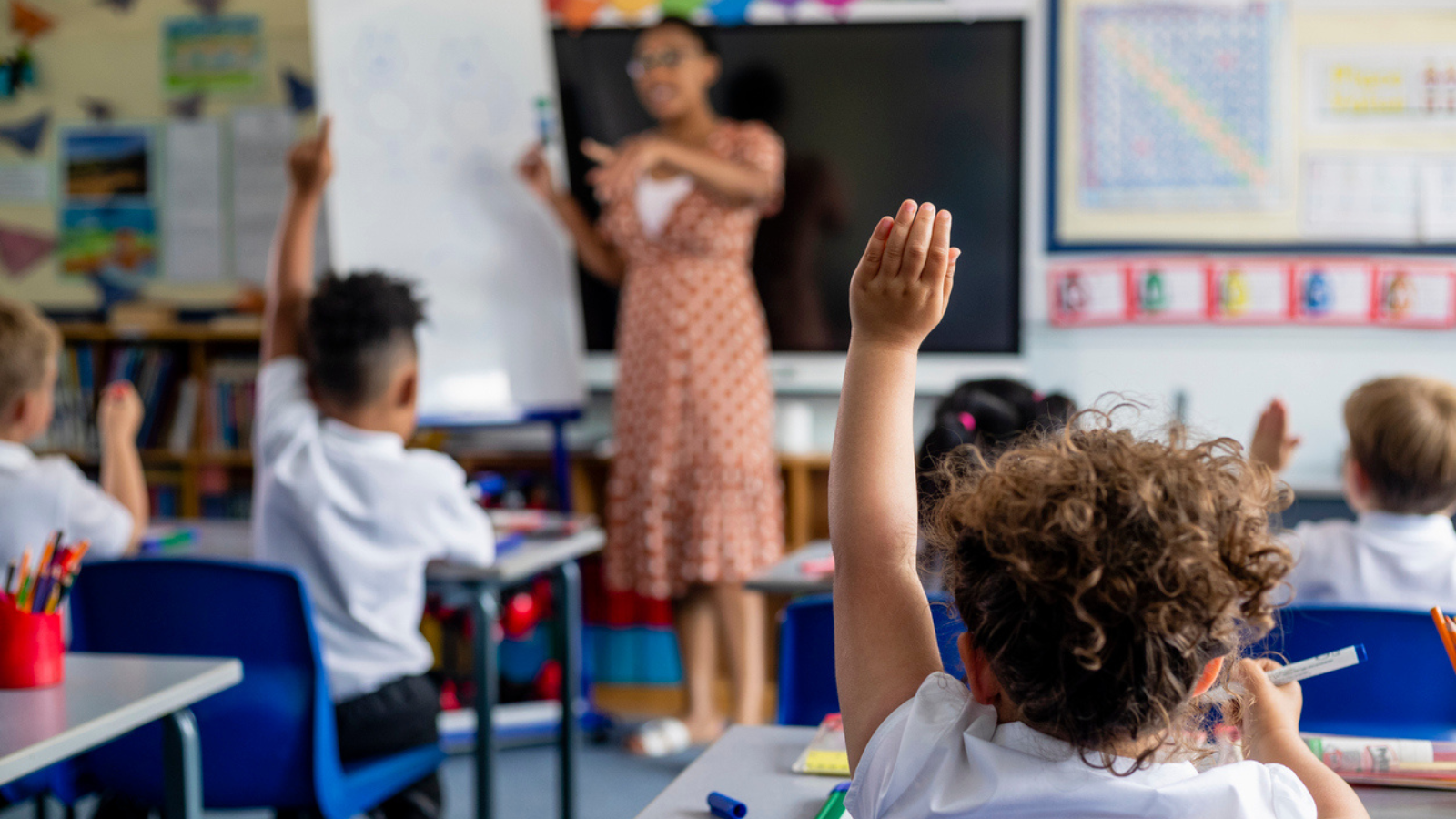Planning for improvement to ensure the best experiences for pupils

Quick links:
Information about the school
Ysgol Gymunedol Peniel is located in a small village near Carmarthen, and comes under Carmarthenshire education authority.
The school provides education for 123 pupils aged 4-11 years. There are 5 classes, comprising 3 mixed-age classes and two single-age classes. Very few pupils speak English as an additional language and the majority speak Welsh at home.
The three-year average for pupils eligible for free school meals is around 3%. Approximately 6% of pupils have additional learning needs.
Context and background to the effective or innovative practice
Ysgol Gymunedol Peniel is a supportive and inclusive community. This is reflected in its motto which is implemented successfully: ‘One team, one family – succeeding together’. The school has a culture of continuous improvement which puts pupils at the centre of all the school’s activities, ensuring that learning experiences are of high quality, stimulating, interesting and rich.
At the heart of this practice are detailed and successful self-evaluation procedures for the whole team, and the voices of governors, pupils and parents are included on a regular basis. This provides a detailed and accurate picture of the school’s current situation and allows the teaching team to adapt provision to be innovative, timely and the best possible for each pupil.
The first step, in order to identify the school’s needs and areas for improvement, was to evaluate current provision in order to understand whether pupils owned their learning, had a strong voice as part of the planning process, and were encouraged to be independent learners. After simply asking whether the school offered pupils the best possible experiences, it became evident that pupils were having valuable and purposeful experiences but that there was room to enrich these further. Although pupils had a voice as part of the planning process, they were not given any say in the choice of method for learning nor opportunities to be independent learners. The means of addressing these issues are described below.
Description of nature of strategy or activity
In recent years, especially in the wake of COVID, the school has focused on improving its self-evaluation procedures and ensuring that all stakeholders resume their roles fully and effectively.
The school has worked hard to ensure that a quality assurance calendar is in place and that it is operational and evolving. The calendar and self-evaluation processes include stakeholder questionnaires, visits by governors, regular learning walks, scrutiny of work and conversations with pupils. Everything is triangulated to ensure that staff provide a detailed and accurate picture of the school’s current situation. These processes are owned by all stakeholders. Nevertheless, one important aspect in maintaining momentum is flexibility – the flexibility of the senior team to respond to national priorities, local priorities and what is happening within the school community itself, and the flexibility of teaching staff to ensure the best for pupils.
Another aspect that has led to planning for improvement in order to ensure the best experiences for pupils is the school’s approach towards, and management of, personalising provision for each pupil, ensuring fair and equal treatment in the classroom and beyond.
This has led to a change in pedagogy and the approach by all teaching staff across the school in the way they teach, and giving pupils a choice about the way they learn. During thematic activities, pupils choose what they learn, when they learn it and how they present their learning, following differentiated criteria. This has led to improvement in pupils’ confidence in their learning and to greater independence. In doing so, pupils are better at owning their learning and there is ongoing improvement in their achievements.
What impact has this work had on provision and learners’ standards?
The school community’s robust focus on continuous improvement has ensured that almost all pupils make sound progress from their starting point. The community provides a broad, balanced and rich curriculum based on thematic work, and it challenges almost all pupils to make the best progress possible. Pupils have developed to become independent learners who aim to achieve high standards and demonstrate ownership, enjoyment and pride in their learning.
How have you shared your good practice?
The school has shared its good practice with local authority staff and advisers in meetings. The senior team and staff are more than happy to welcome other schools to visit and discuss the processes in place.